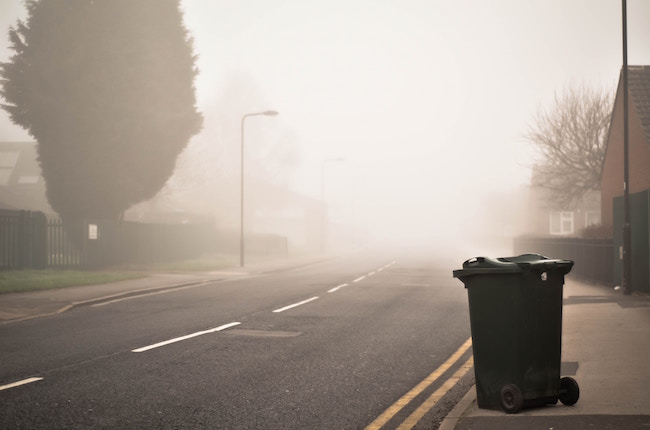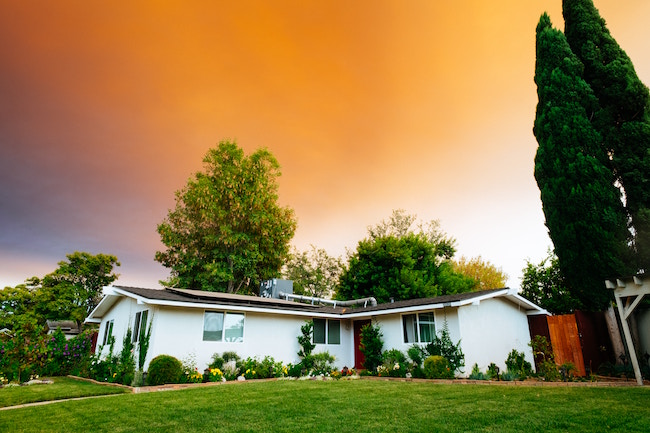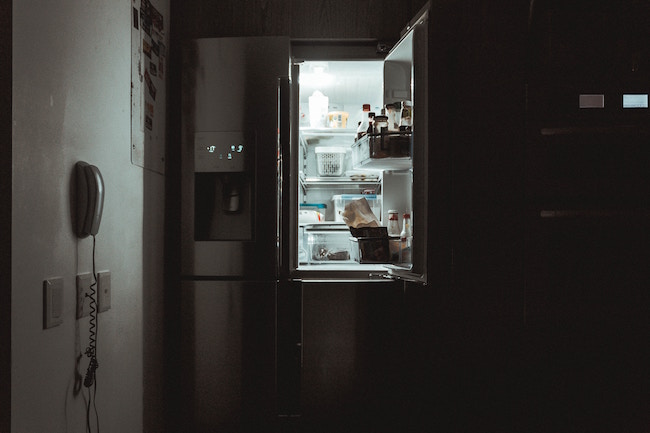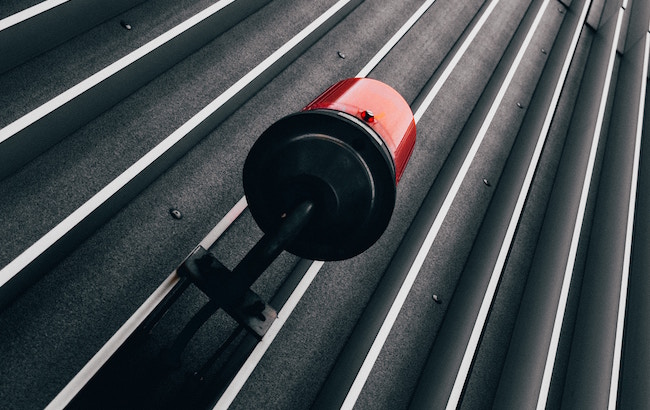Congratulations on becoming a landlord! The job can be a satisfying and worthwhile endeavor.
That said, being a landlord comes with a ton of responsibilities. Perhaps the most common landlord responsibilities are those of tenant safety and habitability.
It’s also your duty to quickly address issues that could impact a tenant’s right to repair and maintenance.
Although, your tenants are also equally responsible for certain maintenance and repair issues. For instance, they are required to prevent negligent or deliberate property damage, dispose of trash properly, and keep the property clean.
Landlord vs. Tenant Maintenance
Generally, tenants are liable for damage resulting from their carelessness or negligence. Good examples of such damages include damaged carpets, holes in the wall, and broken windows.
Tenants, however, aren’t responsible for fixing damage due to normal wear and tear. Good examples include cracked foundations and leaky roofs. What the renter is responsible for, though, is alerting you of the existence of such issues.
Waste Management
Waste management is one area that often causes friction between landlords and tenants. Of course, you can’t expect your tenants to have spotless homes. However, you can make them responsible for waste management by including it in your lease terms.

Common Areas
As a landlord, it’s your responsibility to ensure common areas are clean and safe. In addition, you must provide appropriate trash receptacles and make arrangements for regular pickup.
Other common-use systems like elevators also fall under your list of landlord responsibilities.
Your tenant, on the other hand, is responsible for ensuring the areas are clean and that equipment isn’t misused.
Landscaping
When it comes to landscaping, the responsibilities are usually written out in the lease agreement.
Generally, it’s the landlord’s responsibility to ensure that their property meets HOA rules and local rental laws. If you have given your tenant yard maintenance responsibility, then it’s wise to be in the habit of performing regular inspections.
And, if you receive any fines as a result of violating HOA rules or local laws, you should make sure you pass it on to your renter.

Pest Control
If no state or municipal laws on pest control exist, then it’s best to address the topic on your lease agreement.
One option is for both parties to schedule regular preventative pest control services. This should typically happen four times every year. After that, it’s the renter’s responsibility to take care of anything outside such scheduled visits.
The other option is for you to agree to turn over a pest-free unit to the tenant and perform seasonal maintenance checks. Then, the tenant has to handle any pest infestations that occur afterwards.
Appliances
If you provide appliances, then it’s your responsibility to ensure they are functioning as they should. However, if the tenant causes damage, then the costs of repair will be their responsibility.

Toxins
Federal law requires you to warn your renters of the presence of toxins like asbestos, paint dust and mold. Remember, it’s the landlord’s responsibility for tenant safety, so besides warning them, you must also manage the issue.
Likewise, you should require that your tenants use proper ventilation systems. You can also teach them ways to prevent mold growth.
Fire Alarms, Smoke Detectors and Carbon Monoxide Detectors
Providing, maintaining and replacing safety features is the responsibility of the property owner.
Most leases make tenants responsible for replacing batteries and testing the systems to ensure they are working properly.

Heating, Plumbing and Air Conditioning
As a landlord, it’s your responsibility to maintain these systems to keep them in working condition. On the other hand, tenants are liable for ensuring their proper use.
You may also include a maintenance clause in your lease requiring renters to keep pipes clear and replace air filters when it becomes necessary. The clause should also mention that damage resulting from their negligence will be the tenant’s responsibility to reapir.
Responding to Rental Property Maintenance Issues
When an issue arises, renters expect a quick resolution from their landlord. Quickly responding to maintenance issues does not only help build a good landlord-tenant relationship, but it also helps reduce tenant turnovers.
And, low tenant turnover means that you can save on the costs associated with re-listing the property.
So, if your tenant experiences a habitability issue, make sure you respond as quickly as possible. Preferably, respond within 24 hours, especially if it’s a major issue that impacts their normal living.
Urgent concerns affecting habitability include problems with:
- Pest infestation
- Flooding
- Major security concerns
- Electricity
- Indoor plumbing
- Air conditioning

In regard to minor issues, please check the terms of the lease or the local landlord-tenant regulations. That being said, if going as per the lease terms, make sure that the terms are reasonable.
For example, stating that you have 45 days to respond to a renter’s complaint is, needless to say, unreasonable. Left this long, the issue will be an unduly burden to the renter. Many leases usually have a 7-days’ response window for minor issues.
The first step to knowing who is responsible for maintenance and repairs starts with understanding your state’s and local landlord-tenant laws. Once you do so, the next step is to educate your tenant on what they will be responsible for prior to signing the lease.
And lastly, the next step would be to establish a good communication channel. Tenants can use this to communicate with you about any issues or concerns they have.
